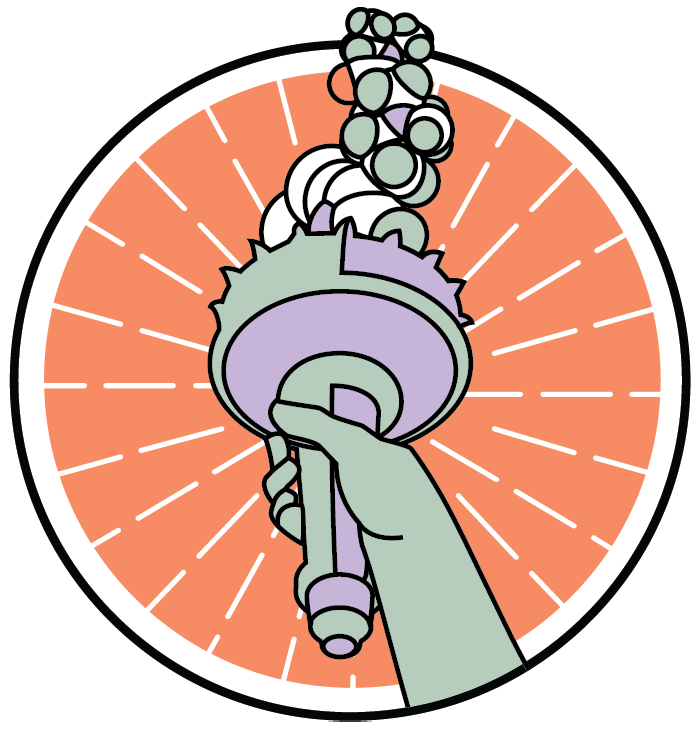Web. Program Day - 1
September 17, 2022
Web Program Day- 2
Web. Session 1
Portland Art Museum
Summary / Abstract
Web. Session 1
Web. Session - 2
Rachel Yehuda, PhD, is an Endowed Professor of Psychiatry and Neuroscience of Trauma. She is also Director of Mental Health at the James J. Peters Veterans Affairs Medical Center. Dr. Yehuda is a recognized leader in the field of traumatic stress studies, PTSD, and intergenerational trauma. In 2019, Dr. Yehuda was elected to the National Academy of Medicine for her seminal contributions to understanding the psychological and biological impact of traumatic stress. In 2020, Dr. Yehuda established and now directs the Center for Psychedelic Psychotherapy and Trauma Research.
Biography
Rachel Yehuda, PhD
she/her
Appearances
Name
Title
Organization

Name
Title
Organization

Name
Title
Organization

Name
Title
Organization

Name
Title
Organization

Name
Title
Organization

Science, Medicine, and Psychedelics
Therapy, therapeutics, and psychedelics
As the profile of psychedelics continues to grow in both clinical discourse and popular culture, the quest for the underlying mechanisms of their effects has arrived as a matter of public interest.
Over the last decade, a series of findings from neuroimaging studies has yielded a variety of interpretations of the source of their therapeautic potential. These theories have often been breathlessly reported by the press and industry in service of advancing the plausibility of psychedelic medicine.
However, no consensus exists among the neuroscience community as to the origins of psychedelics effects and benefits, and neuroimaging is only one tool among many for investigating further.
In this session, we will hear from a panel of neuroscientists working towards a better understanding of underlying mechanisms about how to better consider and interpret the state of psychedelic neuroscience.
Over the last decade, a series of findings from neuroimaging studies has yielded a variety of interpretations of the source of their therapeautic potential. These theories have often been breathlessly reported by the press and industry in service of advancing the plausibility of psychedelic medicine.
However, no consensus exists among the neuroscience community as to the origins of psychedelics effects and benefits, and neuroimaging is only one tool among many for investigating further.
In this session, we will hear from a panel of neuroscientists working towards a better understanding of underlying mechanisms about how to better consider and interpret the state of psychedelic neuroscience.
